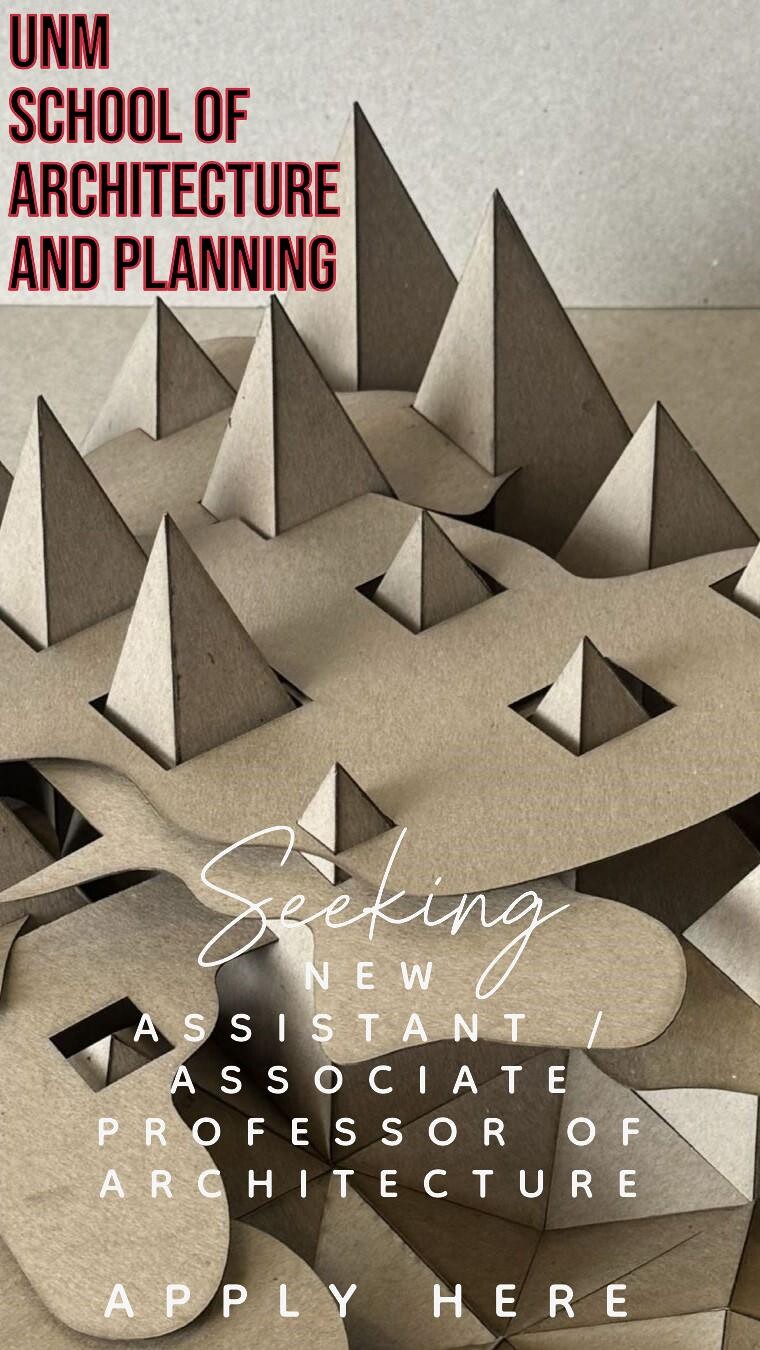Some Ideas on Living in London and Tokyo
by Stephen Taylor and Ryue Nishizawa
14 May to 26 October 2008
CCA
1920, rue Baile
Montreal, Québec, Canada
H3H 2S6
514 939 7026
For additional information: www.someideasonliving.org
www.cca.qc.ca
The Canadian Centre for Architecture (CCA) presents an exhibition featuring recent architectural projects by Stephen Taylor in London and Ryue Nishizawa in Tokyo that propose new approaches to living in urban environments. Some Ideas on Living in London and Tokyo by Stephen Taylor and Ryue Nishizawa marks the first North American presentation of residential projects by Taylor and Nishizawa and reveals their distinctive solutions to the challenges of building homes in existing dense urban fabrics. The exhibition is organized by CCA Curator for Contemporary Architecture Giovanna Borasi in active collaboration with the architects.
While facing similar issues related to growth, London and Tokyo occupy cultural contexts in which themes of proximity, privacy, community, and public space take on different meanings and require distinct solutions. Stephen Taylor and Ryue Nishizawa have developed new ideas for living borne of their respective cultures. Their innovative residential designs challenge conventional norms and offer approaches that simultaneously shape the life of the resident and the face of the city.
The exhibition is conceived in collaboration with Nishizawa and Taylor, who designed their components of the installation with original display furniture and new large-scale models. On view are original drawings, renderings, models, books, as well as large-scale photographs by Takashi Homma, Hisao Suzuki, and Ken’ichi Suzuki of Nishizawa’s work, and Simon Lewis, David Grandorge and Ioana Marinescu of Taylor’s work.
EXHIBITION CATALOGUE
A bilingual (French/English) catalogue accompanies the exhibition, featuring an essay by curator Giovanna Borasi as well as individual and collective contributions by Stephen Taylor and Ryue Nishizawa. The volume also includes an essay by Peter Allison, Professor, London South Bank University, and a preface by CCA Director Mirko Zardini. The exhibition’s projects and installation are presented through approximately 150 colour reproductions on over 170 pages. Co-published by the CCA and Lars Müller, the catalogue will be available in June through the CCA Bookstore www.cca.qc.ca/bookstore
EXHIBITION WEBSITE
A dynamic website interface at www.someideasonliving.org hosted by the CCA accompanies the exhibition. Conceived as a platform for the exchange of ideas, the site gives local and international users the opportunity to both access and actively contribute content related to the themes of the exhibition. The site presents CCA research and material from the exhibition and catalogue while soliciting independent video, audio, images, and writing extending the exhibition’s scope. The user-contributed content may address aspects of the work of Stephen Taylor and Ryue Nishizawa or broader observations on the theme of “living in London and Tokyo.”
ABOUT STEPHEN TAYLOR
British architect Stephen Taylor is Founding Director of Stephen Taylor Architects, and was previously partner at Houlton Taylor Architects established in 1993. Stephen Taylor Architects has realised commercial and private projects throughout Europe based on a commitment to sustainable construction and research in new technologies to ensure environmental responsibility. Taylor holds a master’s degree in architecture from the Royal College of Art in London, and has been a visiting critic at such institutions as the Swiss Federal Institute of Technology Zurich (ETHZ), London South Bank University, and the Architectural Association in London. He is a consultant to the London Development Agency as a member of their Design Advisors Panel and a member of the Newham Design Review Panel. Taylor’s work has been featured in exhibitions at the Architecture Foundation and the Royal Institute for British Architecture (RIBA) in London, and the National Museum of Scotland in Edinburgh, among others. Some Ideas on Living in London and Tokyo at the CCA marks the first presentation of his work in North America.
ABOUT RYUE NISHIZAWA
Japanese architect Ryue Nishizawa is founding partner, with Kazuyo Sejima, of SANAA, established in 1995, and he has maintained a parallel independent office since 1997. SANAA is recognised for international institutional projects such as the Zollverein School of Management and Design in Essen, Germany; the Toledo Museum of Art Glass Pavilion in Toledo, Ohio; and most recently, the New Museum of Contemporary Art in New York City. Nishizawa’s independent practice is focused primarily on projects in Japan that develop new models for urban living. He holds a master’s degree in architecture from Yokohama National University in Tokyo, and has been a visiting professor at Harvard Graduate School of Design, Princeton University, University of Southern California, Yokohama National University, and others. He has received numerous awards including the Kunstpreis Berlin (2007) and a Golden Lion at the Venice Biennale (2004). SANAA’s work is the subject of exhibitions at the Henry Art Gallery, Washington State University (2007), and the New Museum (2008). Some Ideas on Living in London and Tokyo at the CCA marks the first presentation of work by Ryue Nishizawa’s office in North America.
ABOUT THE CCA
Some Ideas on Living in London and Tokyo by Stephen Taylor and Ryue Nishizawa is organized by the CCA as part of its ongoing exploration of key issues in contemporary architecture with a specific focus on urban, social, and environmental concerns. The exhibition follows 1973: Sorry, Out of Gas (2007); Environment: Approaches for Tomorrow, with Gilles Clément and Philippe Rahm (2006); and Sense of the City (2005), the groundbreaking exhibition dedicated to the sensory dimensions of urban life that have traditionally been ignored or repressed.
The CCA is an international research centre and museum founded in 1979 on the conviction that architecture is a public concern. Based on its extensive collections, the CCA is a leading voice in advancing knowledge, promoting public understanding, and widening thought and debate on the art of architecture, its history, theory, practice, and role in society today.

